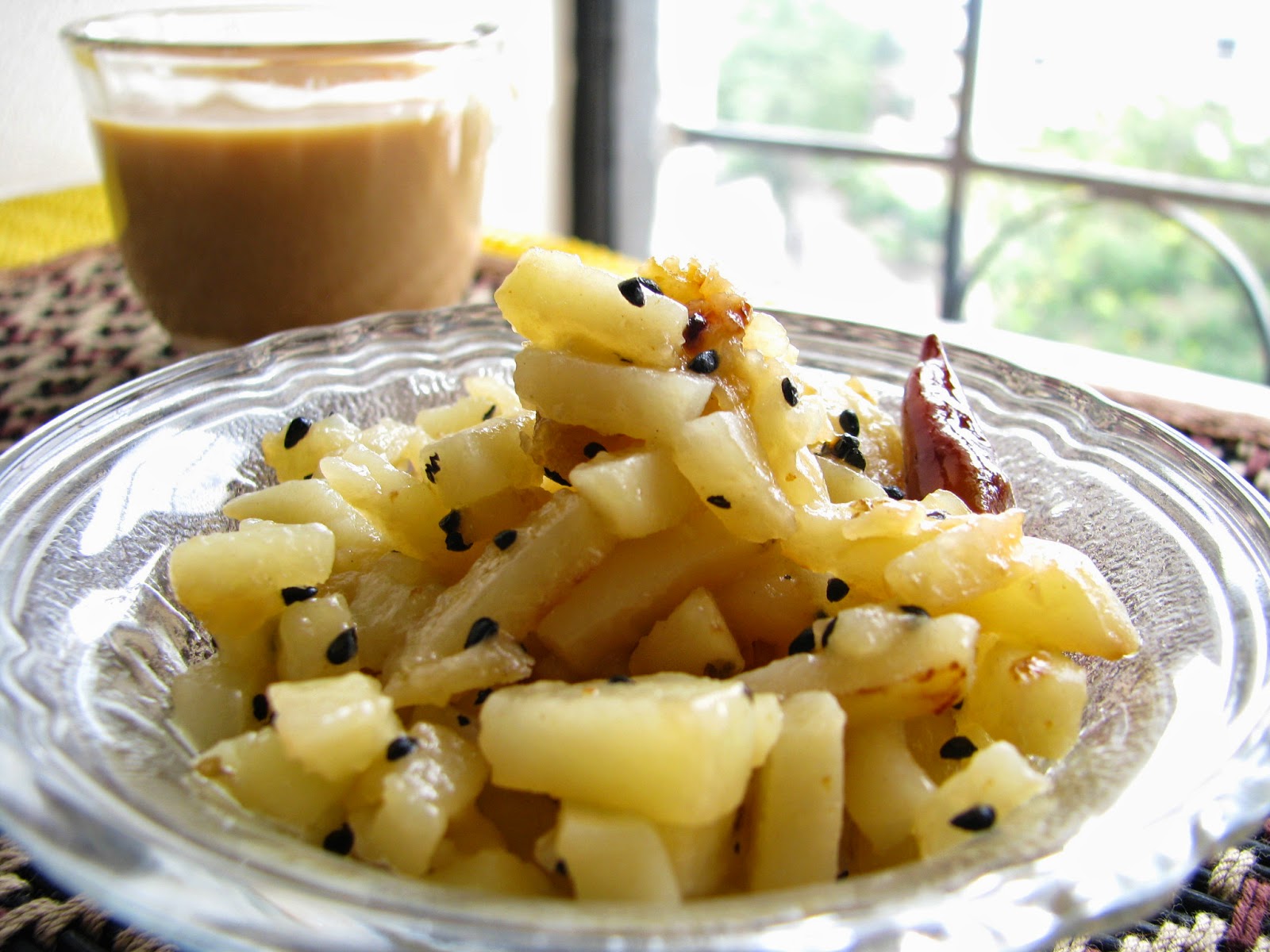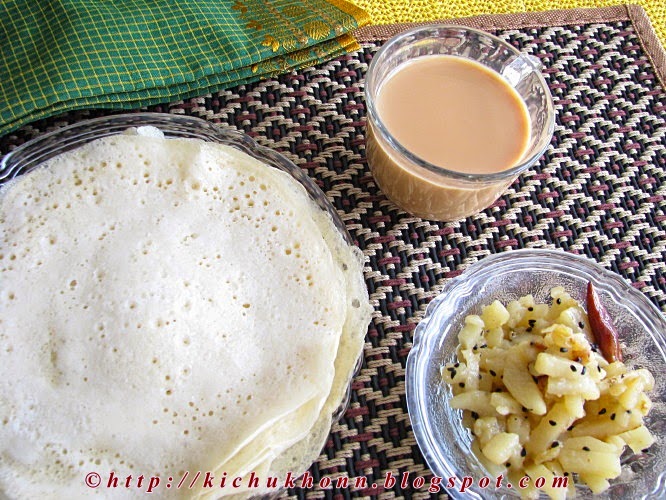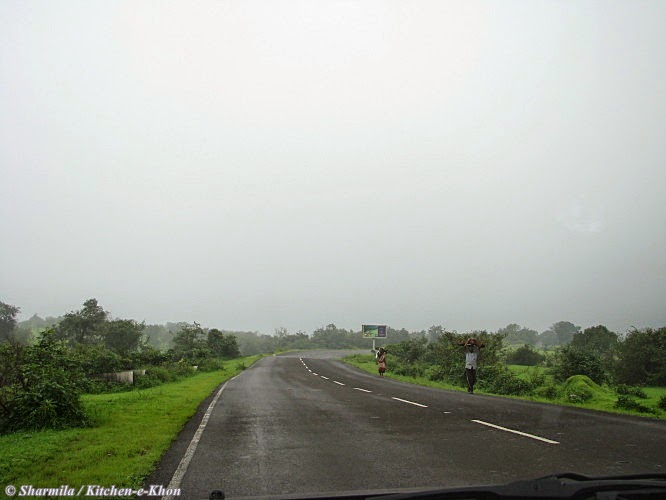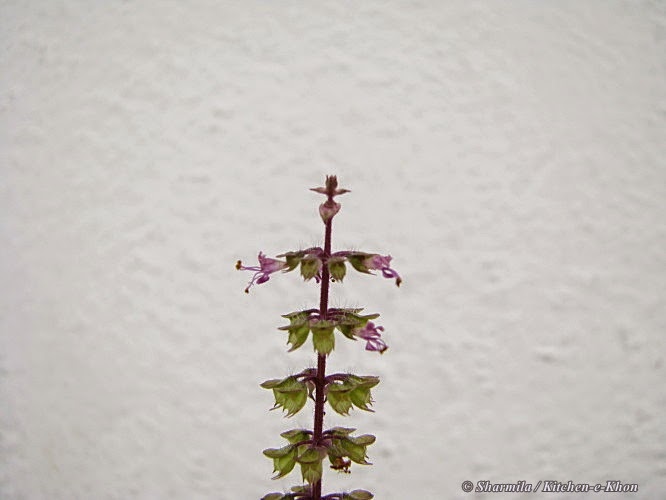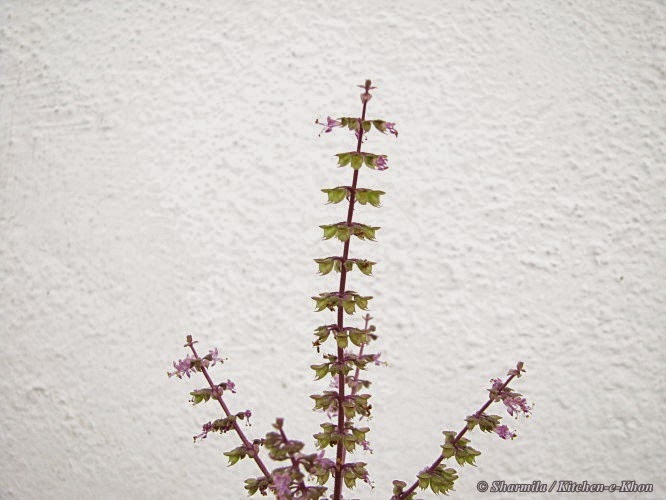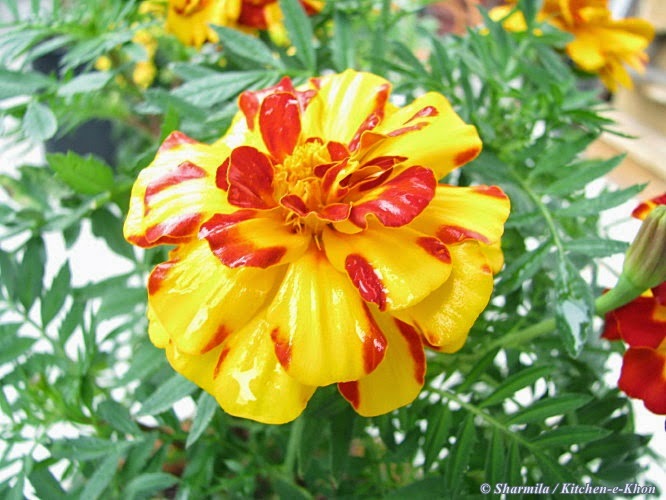Winter means Pithe. Or Pitha.
I know, I know. Winter is still a far way off.
But I am lucky to be staying in a place that has beautiful weather the whole year through.
So, other than the month of May when it does turn very hot, the slightly cool weather and low temperature of this city helps hugely when it comes to making and enjoying dishes that you want to make and not worry about the right time of the year for them.
I do make the Soru chakli pithe quite regularly. But like many other dishes, never got around to make a post out of it for lack of time or energy.
And since this is made for breakfast, time is more the reason here than energy.
Ma used to make this Soru chakli pithe too. But only on holidays.
Winter holidays or winter weekends.
And served it with the Sada Aloo'r chorchori. Or plain potato curry.
But what I remember most is the Chakli pithes at Dadu's house.
Thamma would make them on the mati'r unoon or the chulha .... a hot tawa sitting on the reddish coal embers inside the dark kitchen, that went 'ssssssss' with every ladleful of batter on it.
White smoke curled out as Thamma expertly flipped the pithas and plonked them on our plates, one by one. It was a quick process as the pithes are required to be soft and not cooked for long.
One side done ... flip .... the next side done.
Plonk on a plate held out by a small hand.
And then pour the golden, beautifully fragrant jhola gur or Nolen gur on each pithe.
We sat around the unoon, soaking in the warmth while once in a while a gush of bitterly cold air would come in through the door and make us jostle and sit a little more closer to one another.
That was our time ... Thamma and us grandkids ... together. Jethima, Ma, Kakimas, not even the helps were allowed in then.
Years later, after I had mastered the art of making the batter, fermenting it properly and make a decent dosa, I introduced this pithe to the man.
He took to it and I heaved a sigh of relief.
The Soru Chakli pithe, or the Soru Chakuli pitha as it known in Orissa / Odisha, is made from a batter made by soaking rice and Urid dal.
Soru means thin. The pancakes are very thin hence the name.
I use the same batter that I use for my idlis.
You may or may not ferment it. I do.
Gives the batter a good resting time that way.
Ma makes another version of this pithe. I'll try to make a post of it another time.
Need :
Rice - 2 cups
Urid dal (dehusked ) - 1 cup
Salt - 2 tbsp
Grated ginger - 1 tbsp
Cooking oil - 1 tbsp
How to :
Wash well and soak the rice and dal for around 3 to 4 hours.
I soak it overnight.
Grind in a mixer to a smooth paste.
Add a little water at a time when grinding. If you add too much water in the begining, it will be difficult to make a smooth paste.
The rice will stay as stubborn grains.
Add salt and keep it covered overnight to ferment.
To make the pithes, take a well seasoned tawa.
A heavy, cast iron one is best.
If you use a non stick one, then season it well with oil and water and wipe it clean.
Keep a clean, wet cloth at hand.
Add the grated ginger and 1 tbsp of oil.
Mix well.
The batter should be thin but not too runny.
Now pour a ladleful of batter on the tawa and slowly move it on the batter to give it a round shape.
Cover it for around a minute.
Remove cover and flip and let it cook for around a minute.
Remove from the tawa and keep in a slotted bowl, so that it does not turn soggy in its own moisture.
Wipe the tawa clean with the wet cloth before pouring in another ladleful.
The pancakes will be thin ... almost crepe like.
Do not keep them on the tawa for long as they might turn crisp.
No harm in that. But the Soru Chakli pithe is supposed to be paper like thin and soft.
They go best with an equally soft aloo ki sabzi. Or the Sada ( white ) Alur chochchori.
Very simple, very light in flavours, no masalas, not even turmeric.
This torkari is the perfect accompaniment to these light crepes or pancakes.
Sada Aloor Chorchori
Need :
Potatoes - cut into long slices
Kalo jeere / Kalonji / Nigella seeds
Whole red chillies - broken
Black pepper powder
Oil - I use mustard oil
Salt
Water
How to :
Heat oil in a kadahi.
Add the Kalo jeere / kalonji and the red chillies.
Let in the potato slices and stir well on high heat for around a minute.
Add enough water to submerge the potatoes.
Add salt and cover and cook till the potatoes are tender.
Check to see there is enough water in between.
When the potatoes are well cooked, add the black pepper powder and give a good stir.
Remove from heat.
This dish should have a thin gravy or the potatoes should be cooked till very very soft.
Mine looks dryish because I was busy clicking the pithes.
Most people use fresh green chillies in the tempering.
I had run out of them so used the red, whole ones.
And I'm so glad I did.
The chillies give a wonderfully smoky flavour to the potatoes and mixed with the flavour of the mustard oil and the kalonji seeds, they took the simple torkari to a different level.
We had this for our breakfast today.
And I raced against time and my painful hand to make this post.
Enjoy!!






